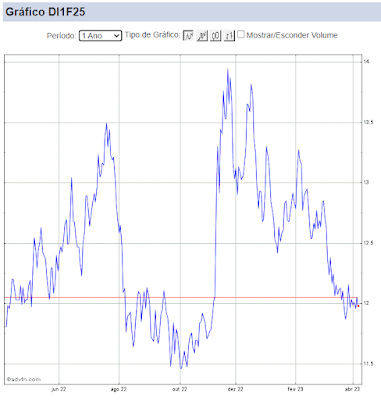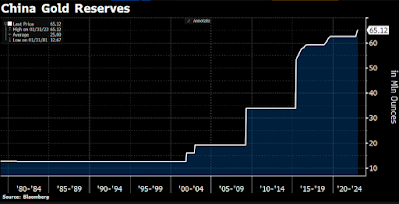Petróleo
Os primeiros efeitos da forte queda
recente no preço do petróleo já estão sendo sentidos no setor corporativo. Como
podemos ver no artigo do WSJ de hoje (reproduzido abaixo), empresas do setor já
trabalham para conservar seus balanços, cortando investimentos e reduzindo
dividendos. Vale lembrar que o mercado de crédito corporativo já apresentou
piora considerável nos últimos meses, em grande parte puxado pelas expectativas
mais negativas do setor de energia. O Fed ainda vê a queda no preço do petróleo
como positiva, já que efeito "renda" para a população é maior
do que a queda de investimentos no setor, que constitui parcela pequena da
economia. Obviamente, uma queda adicional e acentuada de preço, certamente
poderá trazer impactos negativos e contágio para outros mercados, com a Rússia
ainda se mostrando o "ponto fraco" desta equação, e um forte
candidato a canal condutor de contágio aos demais ativos de risco. Em suma, novas rodadas de queda no preço do
petróleo devem ser acompanhadas atentamente, pois podem trazer efeitos
negativos para os mercados financeiros globais.


Comentários
Postar um comentário